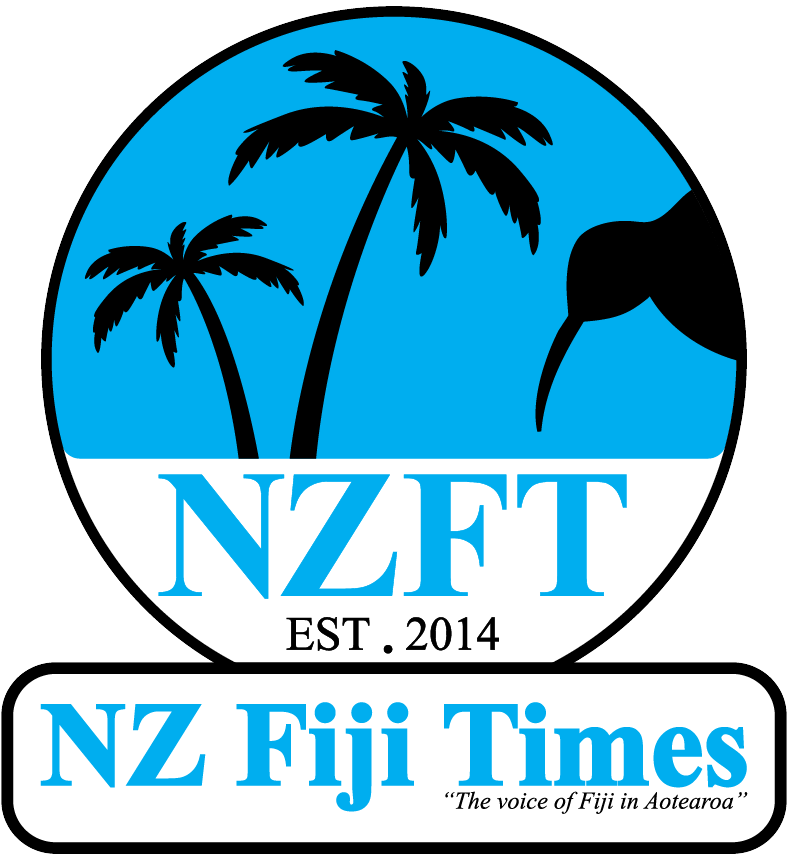The US State Department’s Trafficking in Persons Fiji 2024 report reveals that human traffickers exploit both domestic and foreign victims in Fiji, as well as those from Fiji abroad.
The report states that about 20% of respondents in a 2023 prevalence study experienced trafficking indicators in various sectors, including hospitality, retail, wholesale, food service, vehicle maintenance, storage, transportation, construction, agriculture, fisheries, or forestry.

Traffickers include family members, taxi drivers, foreign tourists, businessmen, crew members on foreign fishing vessels, and other traffickers.
Traffickers exploit victims in commercial sex establishments, hotels, private homes, and massage parlors and sometimes use websites and cell phone applications to facilitate their exploitation.
Fijian and Chinese national women and children are also exploited in Chinese national-operated massage parlors and commercial sex establishments, particularly in Suva.
Fijian children are at risk of sex and labor trafficking due to traditional practices of sending them to live with relatives or families in larger cities.
Foreign yacht owners and foreigners hiring locally owned yachts dock in rural Fijian islands and seek young women for marriage, some of which become victims of forced labor or sex trafficking.
Labour traffickers also exploit workers from South and East Asian countries, including Bangladesh and India, in small, informal farms, factories, construction, and timber sectors.
Chinese nationals may have been forced to work in Fiji on projects run by Chinese-affiliated companies.
Click to read more about Fiji

















